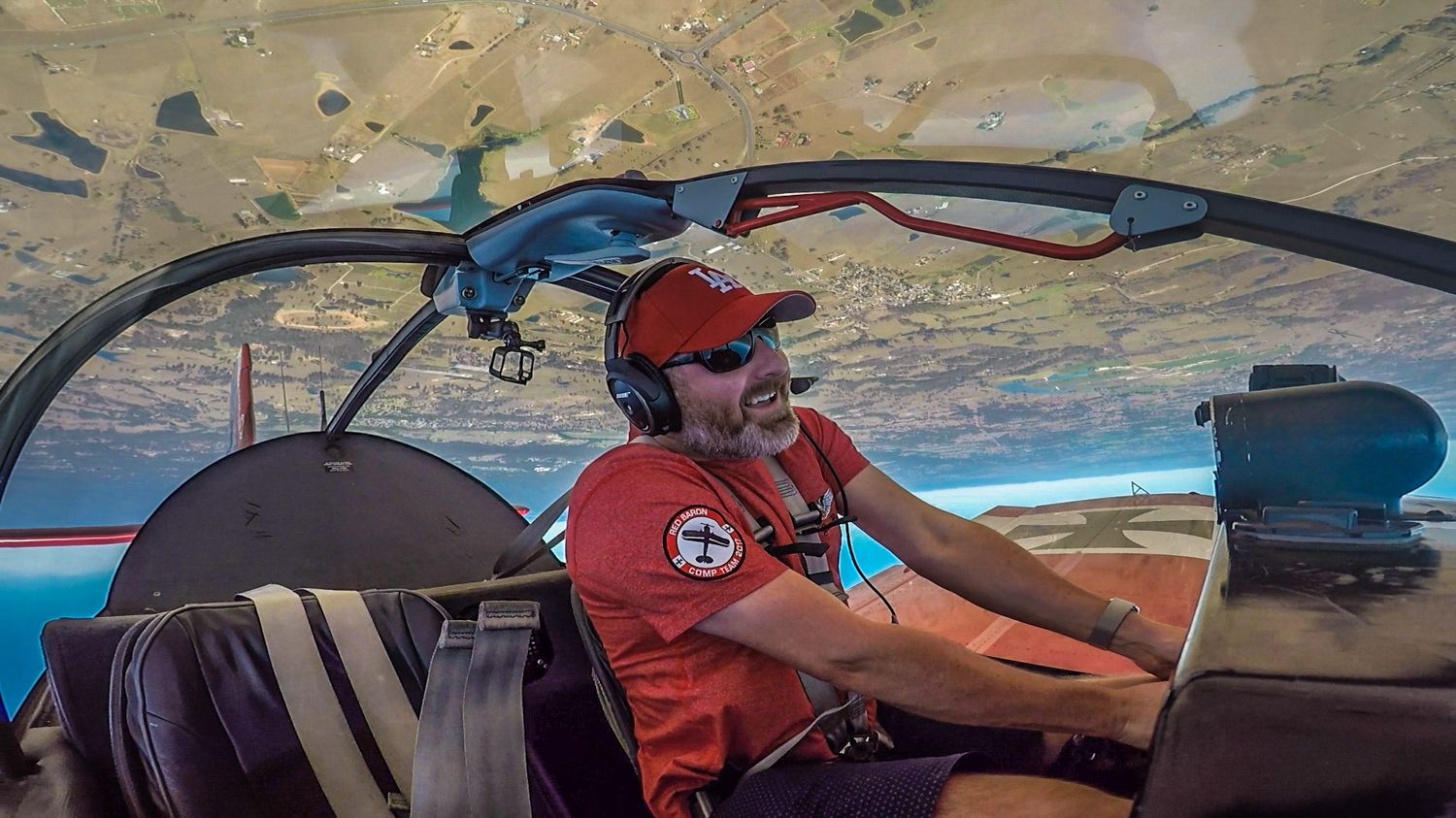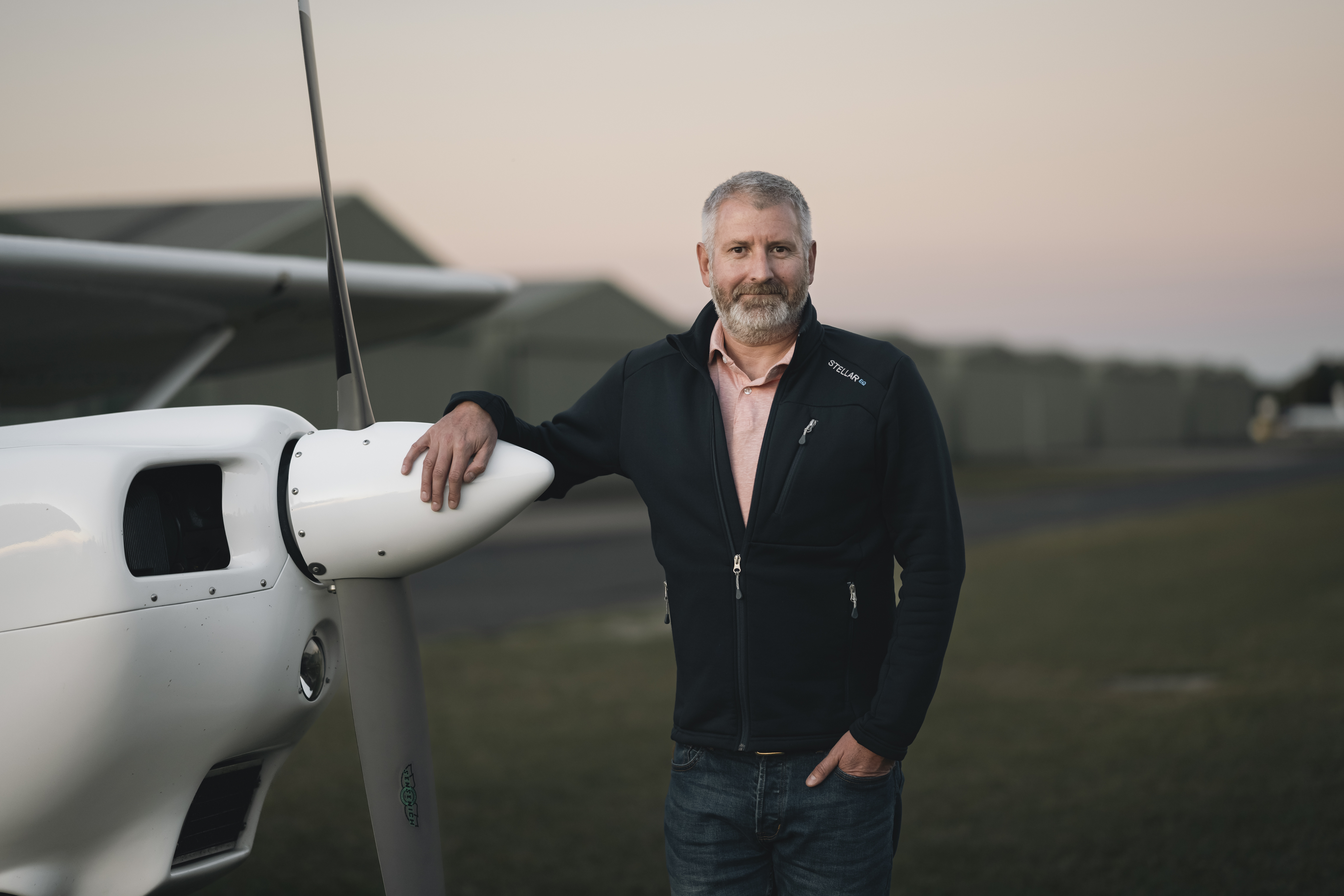Find out who you are and do it on purpose

By David Fish, Strategic Coach.
I have been lucky to be trusted to coach some amazing human beings over the past 20 years. And every now and then I meet someone who makes me simply say wow! They have a unique approach to life and have charted their own pathway, which is exciting and true to who they are. When I first started coaching David Fish, it was 2018, and he was in a senior leadership position in the media sector. At the time he was questioning and exploring ideas about his next move. We caught up last week for coffee, 5 years on from our initial sessions. We discussed his successful career transition, a new business launch and the rapid learning curve all solo-preneurs go through, oh and what it’s like launching a new business during that small global pandemic that you may remember.
Here’s David’s story:
Tell us briefly about your career in media David.
I started out in some of the early tech companies in client-side marketing roles, I moved to agency side, working in London and Manchester, with clients as diverse as Nike and Manchester United to Smirnoff and Virgin. There was a moment in time when I was able to blend my love of flying and being an active skydiver with working at a stunt marketing agency, literally thrilling times. I came to Australia to set up the strategy function within what was then Austereo. After that I was MD of three Dentsu Aegis agencies, then Chief Strategy Officer at Initiative. before joining GroupM to set up a new agency model for the Westpac Banking Group. That was my last traditional agency role before shaking things up.
What were the signs that you knew you wanted to transition from media into consulting?
When I was younger, I was inspired by the people ahead of me and increasingly, this wasn’t the case. We have normalised ways of working to keep society moving along the 9-5 conveyer belt where you work hard, then collapse in a heap at 65.
Towards the end of my career as an employee, I was in a melting pot of conflict. This conflict was between my own values/what I loved, and the manufactured expectations of what my role required of me. The elements of work I loved revolved around solving challenges, applying my strategic brain and helping people communicate their ideas to others. When I was on fire I was frequently told that ‘I made a difference’ and deep down, I knew I wanted more of this.
What did you do at the time to start exploring your next move?
The big change for me came when I renegotiated my contract with GroupM and WPP. I was very fortunate to work with Mark Lollback, a progressive, supportive and open-minded leader, who could see that my future was outside of the business. I went to four days a week, and I used my fifth day to stick my head out into the world, whisper my offer and test some ideas.
What has being a stunt plane pilot taught you about work and life?
The three key things I take into my work are:
- Discipline, focus, managing distractions and staying present in the task that matters most right now.
- Risk management is both about avoiding catastrophe and finding the edge; we spend so much time in the middle of our comfort zone when growth lies on the outer edges.
- And then overcoming the mental limitations that hold us back. In the world of aerobatics, these typically come well before physical ones – I give up long before the plane does when I let my mind cloud possibility which lives above reality.

What are you doing now?
Now I run my own strategic practice, supporting entrepreneurs, leaders and sales leaders to connect their strategic thinking to their desired commercial outcomes. I also help simplify their go-to-market story, with more compelling ways to deliver the narrative.
What’s your top 3 tips to help people wanting to transition from employee to consultant?
The absolute must-do is to separate your identity from your title. You have to work out who you are, what you care about and stand for. You also need to know your expertise.
Honestly, nobody cares that you were a CEO or Head of something made up; they care about how you can apply what you know to help them. There is no title for that, and it takes time to adjust to that idea after being programmed for so long to care about the thing that goes under your name on the business card. That is not who you are.
Next, find your support group. There are a lot of people who won’t get it because what you are doing will challenge their own ideals and beliefs. It will be hard to ignore them because you probably like them and maybe even trust or value their point of view, but they are biased by their own insecurities, so you need people around you who can offer balance and support when you need it.
Then find people who can call BS to help you grow.
I remember we had some robust coaching dialogues. What did you take from them?
When I worked with you Nick, I was focused on a keynote that charted my course through my battle with cancer to define both some boundaries and new possibilities, which led to flying and competing in aerobatics.
I thought this was the ‘big idea’, share this story and help others do the same, it was resonating and getting some traction, but it didn’t have the legs to go far. I remember you saying to me, “that feels like it is part of your healing and not a long-term business idea”. You were the only one to lean into this and provide a caring but provocative perspective. Of course, my initial reaction was, “Nah, you are wrong”, but deep down, you’d identified something I knew to be true.
People who can give you this gift are hard to find because they need to have done what you are doing and be willing to be your Yoda. When you find one, listen to them; even if it hurts at the outset, you will be better off down the track.
Tell us about your book.
Dull presentations kill great ideas. I wanted to make a difference.
I have spent my career helping companies who sell in the B2B world. Selling involves getting clear about your strategy, ideas and solutions, then communicating this (nearly always using PowerPoint). And I have witnessed 100s, maybe 1000s of self-serving, awful presentations being rolled out, that just don’t work.
This is what I address in my book ‘What it takes to Create Winning Presentations’. There are 12 tools that every salesperson needs to help them increase their presentation confidence to deliver concise, compelling and simple presentations. These tools elevate ideas to become the winning idea. It’s getting published soon and there is more information available on my website.


